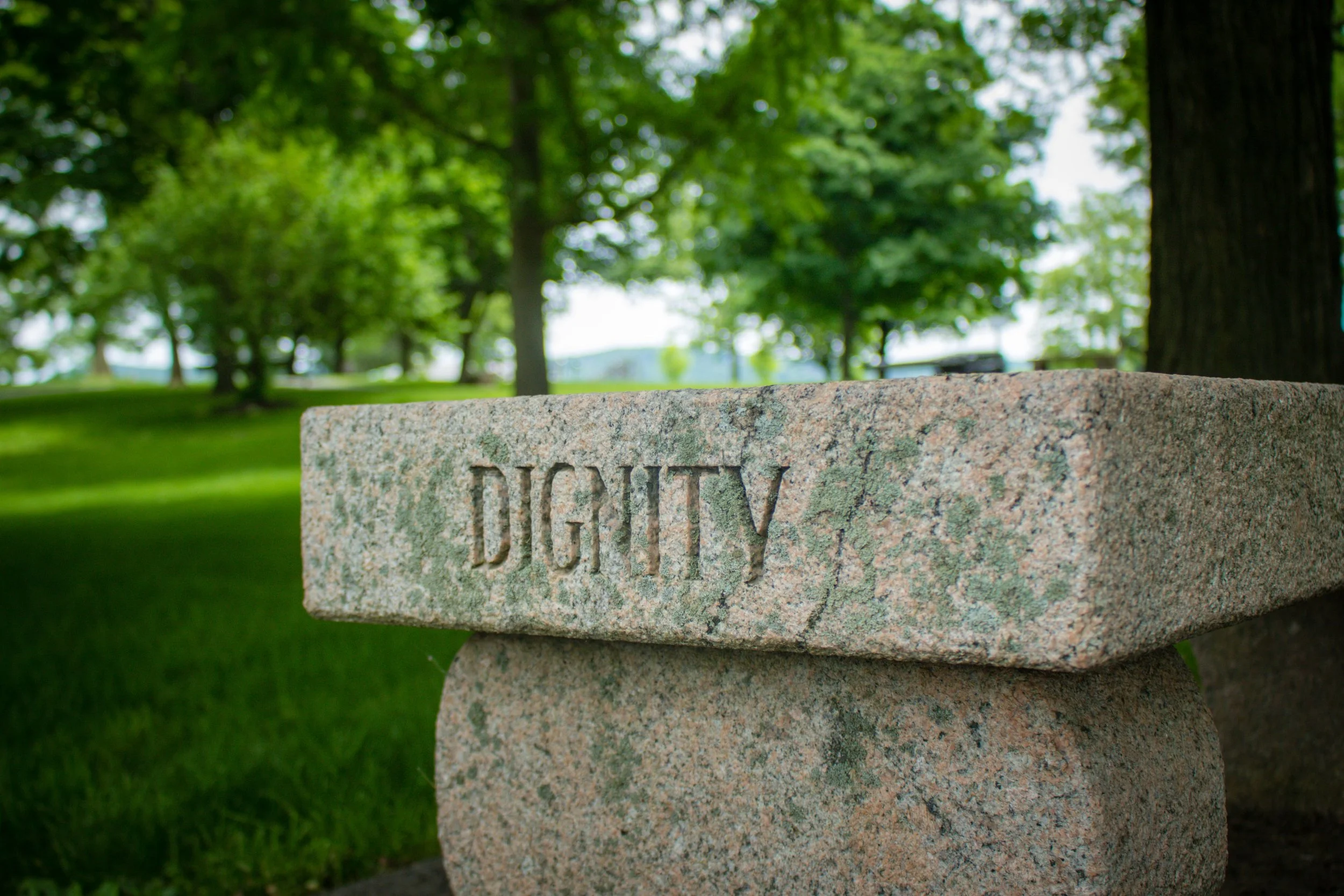Moving into an Adult Family Home (AFH) can be a significant life change for many seniors. While these homes offer essential care and a supportive community, the transition often evokes a plethora of emotions. It's crucial for families and caregivers to understand this emotional journey to support new residents in adapting and thriving in their new environment. In this article, we delve deep into the emotional transition of moving to an AFH.
Our goal is to help make your job a little bit easier by providing the exact assistance you need.




















